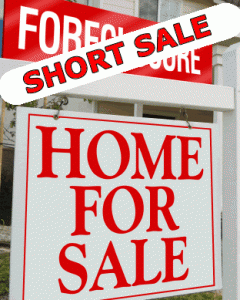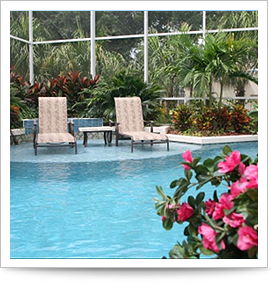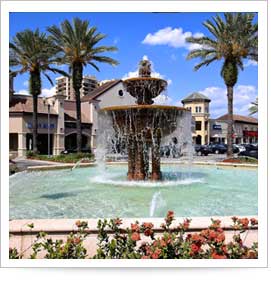
Home buyers and investors always ask, “Which type of deal is better, a short sale or foreclosure?” Before starting their search, prospective home buyers and investors should know the benefits and drawbacks of buying either type of “distressed” property – foreclosures and short sales.
Benefits to Buying Foreclosed Homes
According to Lender Processing Services, nearly 2.2 million homes in the U.S. were in foreclosure in April. On average, they sell for about 30 percent less than a nondistressed property, In April, the median price of a move-in ready foreclosure was around $185,000, according to Re/Max. A nondistressed property’s median price was about $267,300. Such deals are possible because homebuyers can negotiate closing costs and price in foreclosure sales. Buying a foreclosure typically is faster than buying a short sale, and an investor can buy a home for rock-bottom dollar. The national average of a foreclosure that needs some work may cost around $107,600, according to Re/Max. The investor could rent out the home or resell it after fixing it up. Investors should expect to spend no more than 5 percent to 10 percent of the purchase price to renovate a foreclosed house.
Drawbacks of Buying Foreclosed Homes
Are you sold on the idea of buying a foreclosure? Not so fast. Proceed with caution because there’s potentially a cost to that low price – a damaged house. Many foreclosed homes these days are ransacked homes. As a buyer, you could encounter scarred walls, carpets or appliances that were damaged by the former owner. Sometimes, time and neglect are the culprits. Turned-off utilities coupled with the house sitting empty for months can do a good share of harm. However, some foreclosures are immaculate. And if you scope out a property that’s run down, there’s still hope. If a person is handy, and you have a high tolerance for defects and you can fix this stuff, there are a lot of opportunities out there. But in some foreclosures, the condition of the home may be the least of your worries. If you buy a foreclosure at auction without any research, you won’t get to take a peek to see if the plumbing works, if the walls are cracked – or if there’s a lien against the property. You’ll be responsible for these cosmetic and legal issues, so many investors research the property’s history before the auction. So, before starting your search for foreclosed homes, make sure you have a qualified real estate agent assisting you. You would be even better off if your real estate agent was a licensed attorney.
Benefits of Buying Short Sales
Looking for a foreclosure home price but in better condition? Sift through short sales in your local market. A short sale is still owned by the home owner, who owes more on the mortgage than the home is worth.
Many believe that a short sale is far better than buying a foreclosure because the home is generally in better condition because it’s been occupied. The utilities have been maintained, usually the lawn is maintained, and so on. In April, the median price of a short sale home was $218,500. By comparison, a nondistressed property’s median price was about $267,300, according to Re/Max.
Drawbacks of Buying Short Sales
The name “short sale” can be deceiving – these deals often drag on for months. Some sellers assume they can start this process at their leisure, but they still have to qualify for the short sale.
After the seller is approved, the first question a short sale buyer buyer should ask is whether or not there are two mortgages on the house. If there is a second lien holder on the short sale, that make the whole process much more difficult. Every lender and lienholder that has a financial stake in the house has to agree to the short sale. If the sale price of the home won’t pay off the second mortgage, that lien holder may not get paid, so that lender can block the sale. In the meantime, the buyer is stuck waiting for an answer.
Know What You Want
Nothing in real estate is a sure thing, but you can bet on getting a good deal if you know what you’re looking for in a home. If your family needs a house within one or two months, a foreclosure may be a good option. If you have more time to work with, short sales could be within your realm of possibility. Know your tolerance for defects and whether you have the time and money to fix up a house before buying a distressed home. If the choice is right, you could help a home owner put off a foreclosure if you buy a short sale. You can snag a great deal with either a short sale or a well-maintained foreclosed home, but one requirement remains – you must find a good real estate agent.





